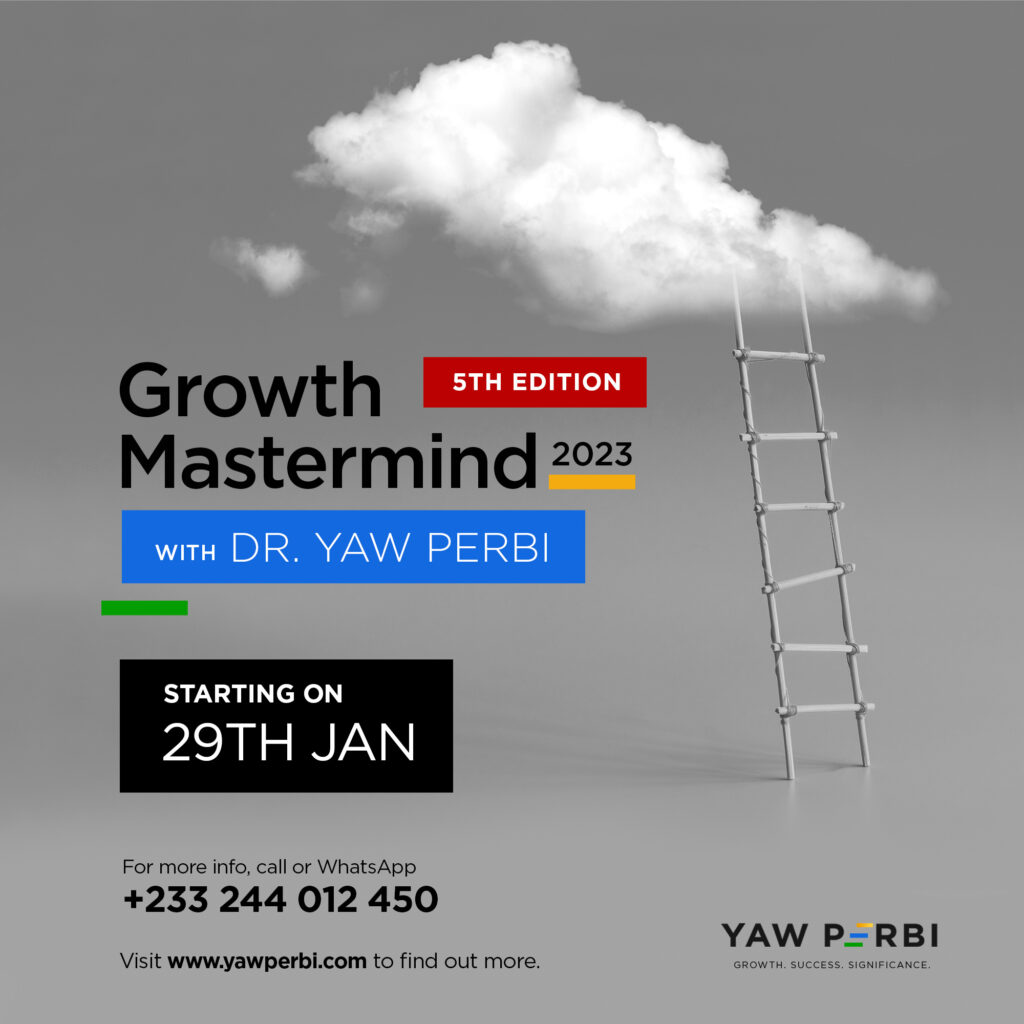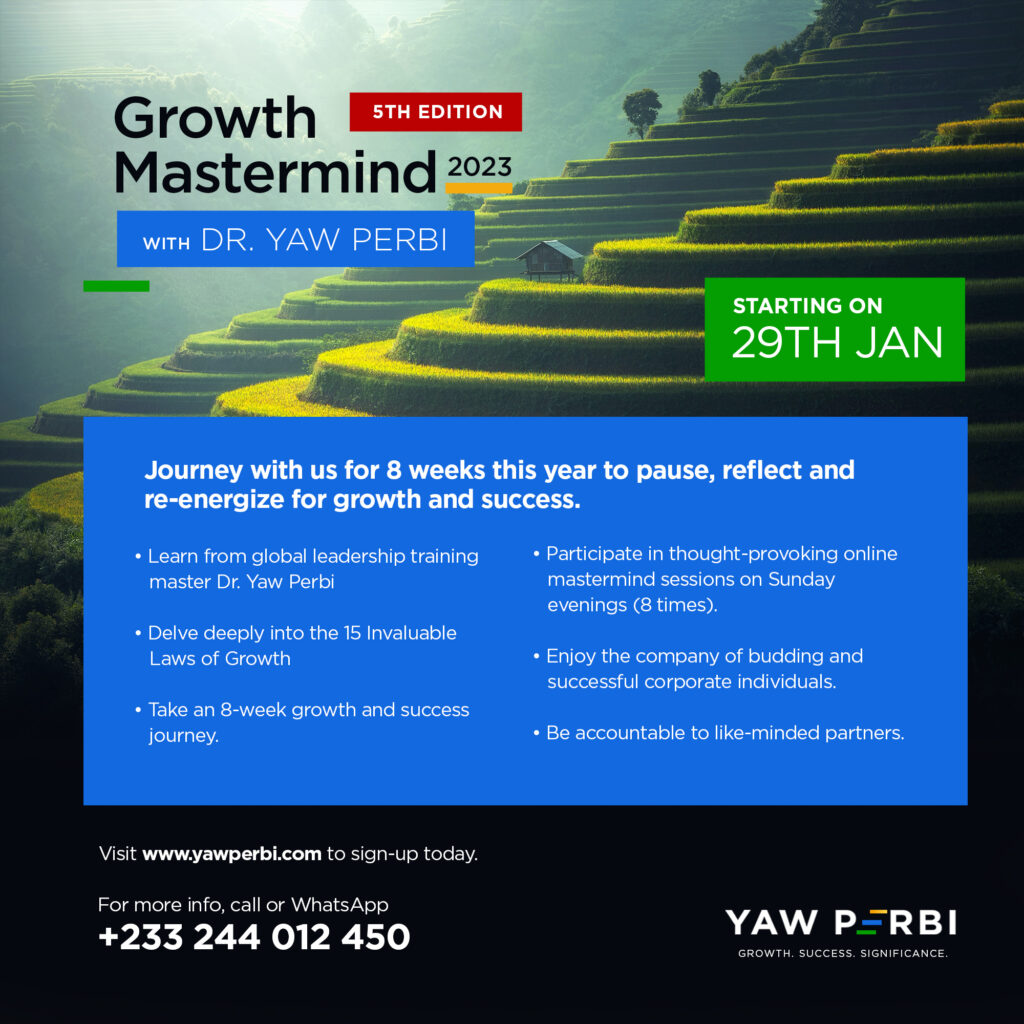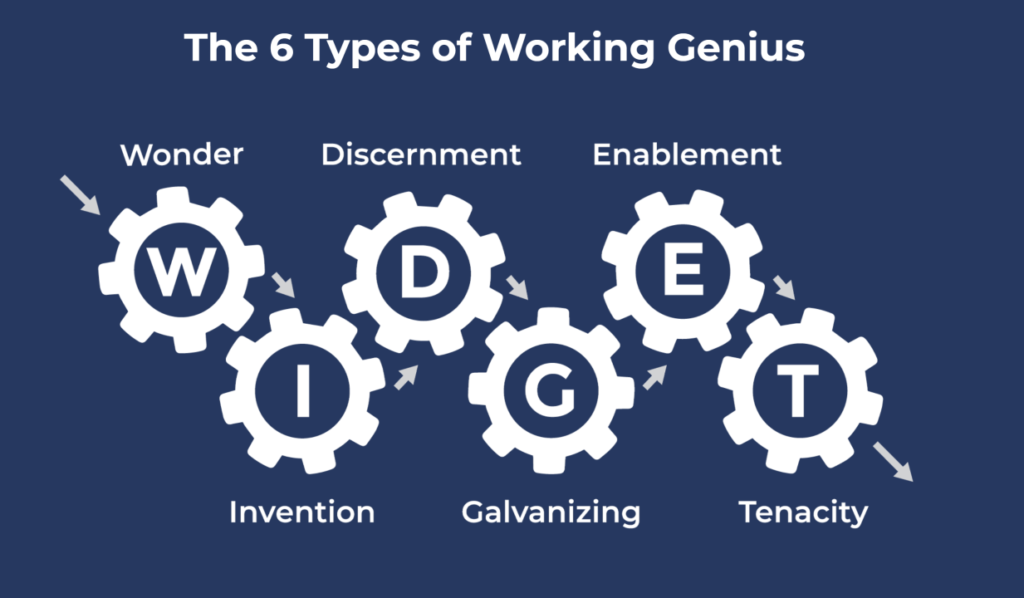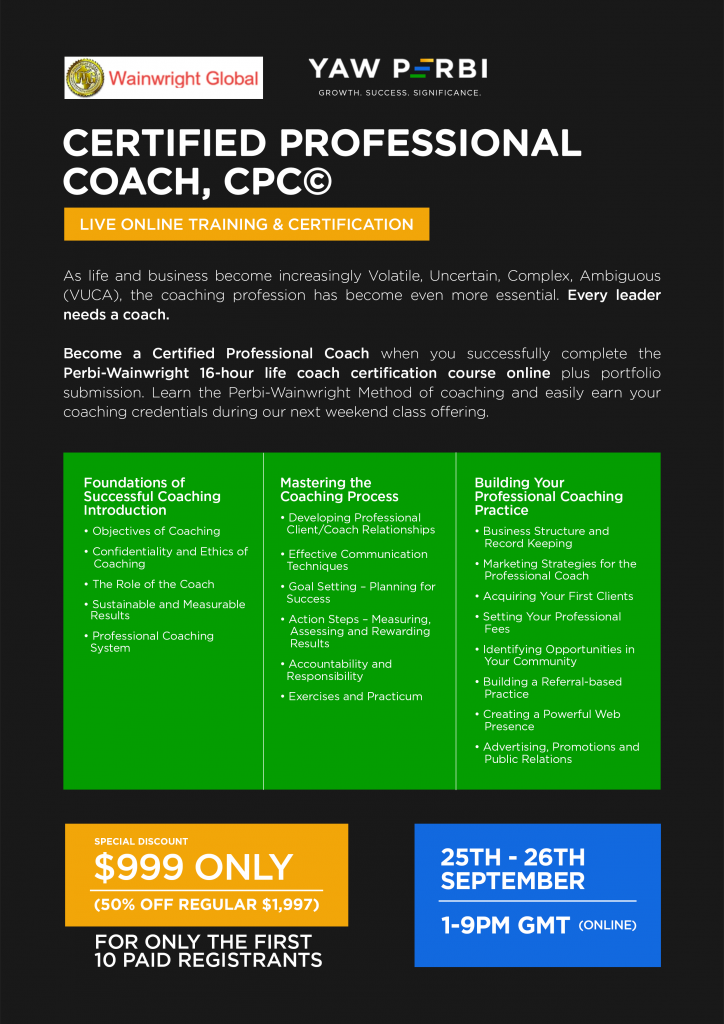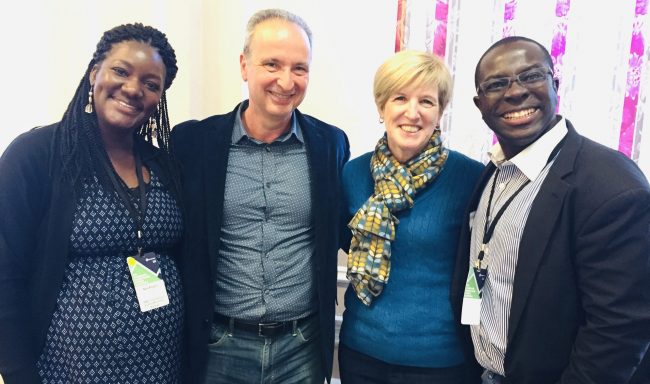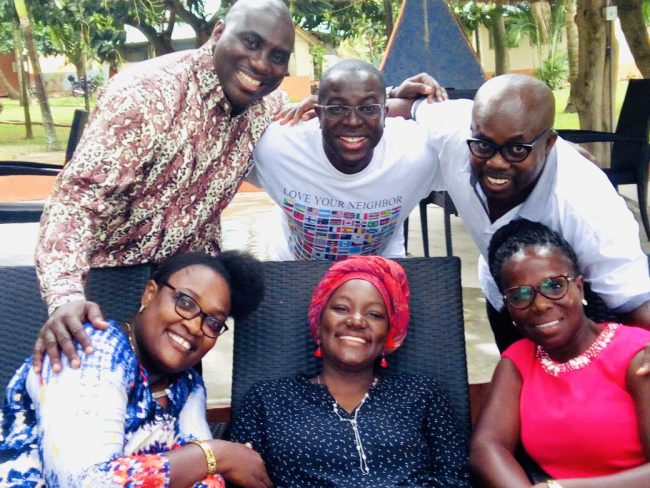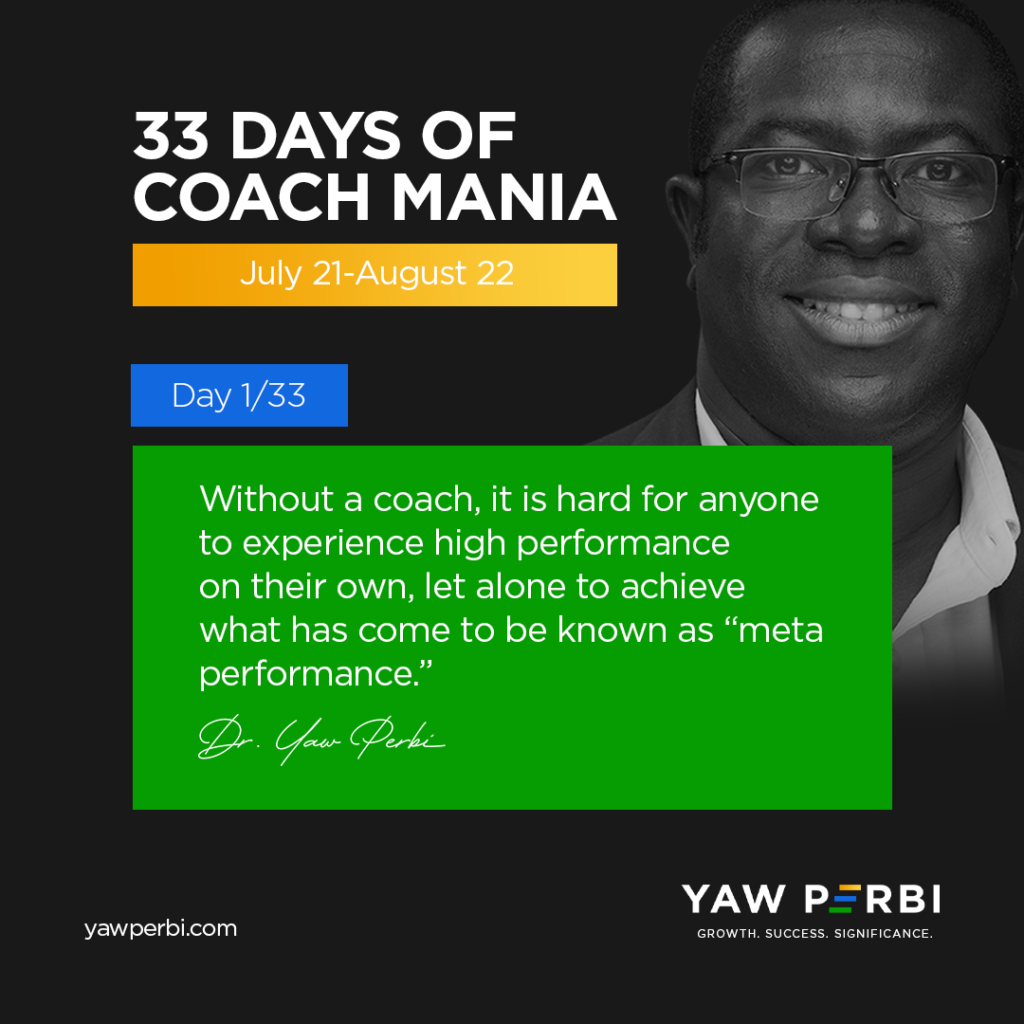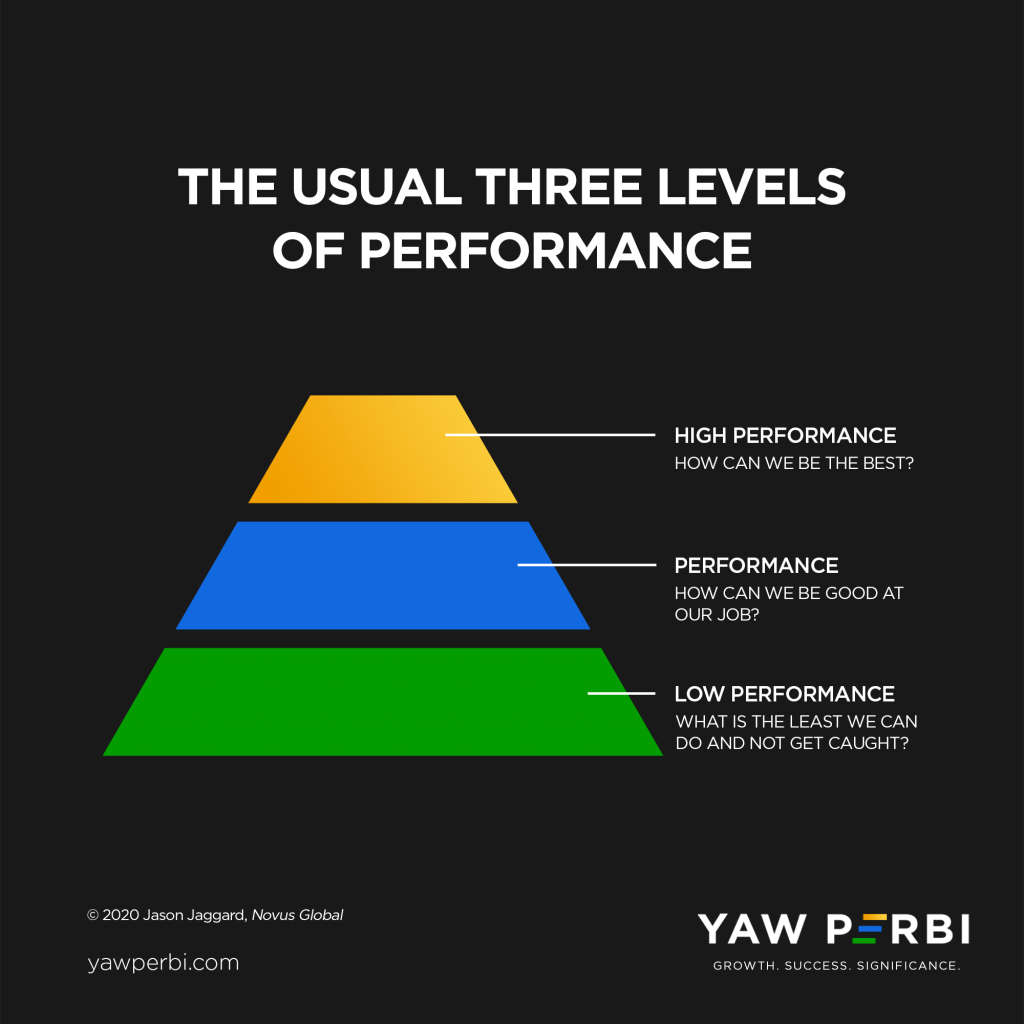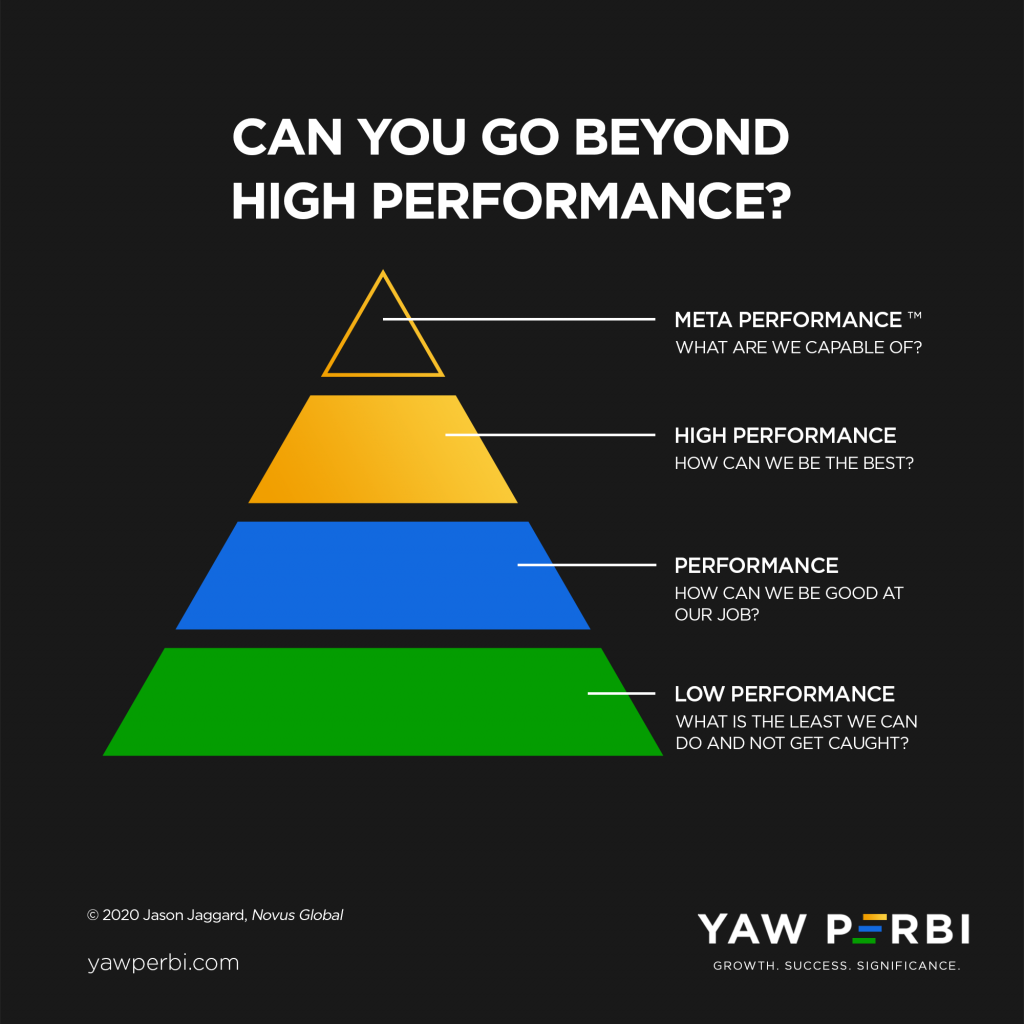
The Pilot and the Preacher.
Call me weird but the smoothest airplane touchdown of my life, today, is my most precious birthday gift. This was Melbourne to Sydney on Jetstar JQ502. I couldn’t help but literally clap my hands in my wing seat (I have said my autobiography just might be titled “Wingman;” I’m almost always flying on the wing!). A few others applauded too. Then as we deplaned and I approached the cockpit I noticed the captain who had performed the magic had his door open and was standing right in front of it, interacting with some passengers. Again, I couldn’t pass by without verbalizing my appreciation of his masterly act. “That was a great landing, sir,” I blurted out. The captain half-smiled, almost embarrassingly, and managed to mutter under his breath his appreciation of my applause.
On the jet bridge a sense of regret began to creep over me. Ah! I should’ve asked to take a photo with him! A little weighed down by that remorseful thought I still, slowly but surely, made my way into the terminal and headed for the place people empty their bladder. Guess who I spotted when I returned to a cafe in the terminal to grab some breakfast: the first officer of the flight, looking to make a purchase. And the captain! Yipeee!
I was happy to repeat my admiration and appreciation and ask for his name and a selfie this time. He graciously obliged. So I gave him some context: over the last eight days I had taken 10 flights–Accra to Amsterdam, to Detroit, to Montreal, to Toronto, to Houston, to Auckland, to Gold Coast, to Adelaide, to Melbourne and now to Sydney–and no landing could compare. I could’ve had a hot cup of tea sitting on my lap during that landing and it wouldn’t have spilled!
WHAT DO YOU DO?
By the time I had shared my itinerary above with Captain Phil Peatfield, he had to ask: “What do you do?” To which I immediately responded, “I am a preacher.” Usually in the marketplace context I would mention something more relatable like leadership consultant or executive coach but it felt so good to say “I am a preacher,” even if it meant I would be canceled (as in today’s ‘cancel culture’). “I used to fly preachers around,” Captain Peatfield responded, to my surprise. Apparently he served with Flying Doctors Australia, a non-profit organisation that “provides emergency and primary health care services for those living in rural, remote and regional areas of Australia who cannot access a hospital or general practice due to the vast distances of the Outback.” I didn’t tell him I’m a doctor too. And well, that I was once a captain as well, a military one.
The irony is that as a little boy I had really wanted to be a pilot. I was fascinated by planes and impressed with pilots’ uniforms. I was starry-eyed when I saw my professor-grandfather’s itinerary as he jet set around the globe lecturing on African ethnomusicology. In a moment of annoyance at a friend in junior high who wanted to be a pilot too (he was too enthusiastic about it for my liking) I snapped out of it and decided becoming a medical doctor would be the way to go.
“PEARL OF GREAT PRICE”
As I celebrate my forty-fifth birthday today, as a preacher I am thankful for this unexpected pilot gift from God. Educationists like Parker Palmer encourage parents to take seriously what early manifestations and proclamations their children make about what they want to do when they grow up. Palmer says in, “Before I can tell my life what I want to do with it, I must listen to my life telling the who I am. I must listen for the truths and values at the heart of my own identity, not the standards by which I must live–but the standards by which I cannot help but live if I am living my own life.”*
As I think of that thing that was triggered in me whenever I heard about or saw my grandpa flying the world, I think of Parker Palmer as a grandfather today.
Watching my granddaughter from her earliest days on earth, I was able, in my early fifties. to see something that had eluded me as a twenty-something parent: my granddaughter arrived in the world as this kind of person rather than that, or that, or that. She did not show up as raw material to be shaped into whatever image the world might want her to take. She arrived with her own gifted form, with her shape of her own sacred soul. Biblical faith calls it the image of God in which we are all created. Thomas Merton calls it true self. Quakers call it the inner light, or ‘that of God’ in every person. The humanist tradition calls it identity and integrity. No matter what you call it, it is a pearl of great price.*
Now that I know what I know, I’m eagerly looking out for what my children, nephews and nieces and young mentees were born to be. God creates no one for nothing. We need to find the clues and lead people in the way they should go–they way they are bent.
BORN FOR THIS
I now know that traveling the world was my calling, even from childhood, although I didn’t get my first plane ride till my late teens. But when it rained it began to pour so much that by age 18/19 I had been to every continent in the world except Australasia/Oceania. What a birthday present to have finally made it ‘down under’ to New Zealand and Australia, a quarter of a century later. And it wasn’t being a pilot or physician that brought me here. It’s the preacher I was born to be. Even the pilot was impressed by the preacher’s itinerary. “Wow, what do you do?” The clue all along was that I was born to travel the world preaching the gospel and raising leader-labourers for the Kingdom of God. I know now that I wasn’t meant to be in the cockpit per se but to enjoy the ride and views–the planes’ and the Lord’s.
Whether a pilot like Peatfield or Perbi the preacher or physician, Palmer’s point is one worth profoundly pondering: “Before you tell your life what you intend to do with it, listen for what it intends to do with you. Before you tell your life what truths and values you have decided to live up to, let your life tell you what truths you embody, what values you represent… Is the life I am living the same as the life that wants to live in me?”* Good food for thought on my birthday.
Reference
*Palmer, Parker J. 2015. Let Your Life Speak : Listening for the Voice of Vocation. San Francisco, Calif: Jossey-Bass.
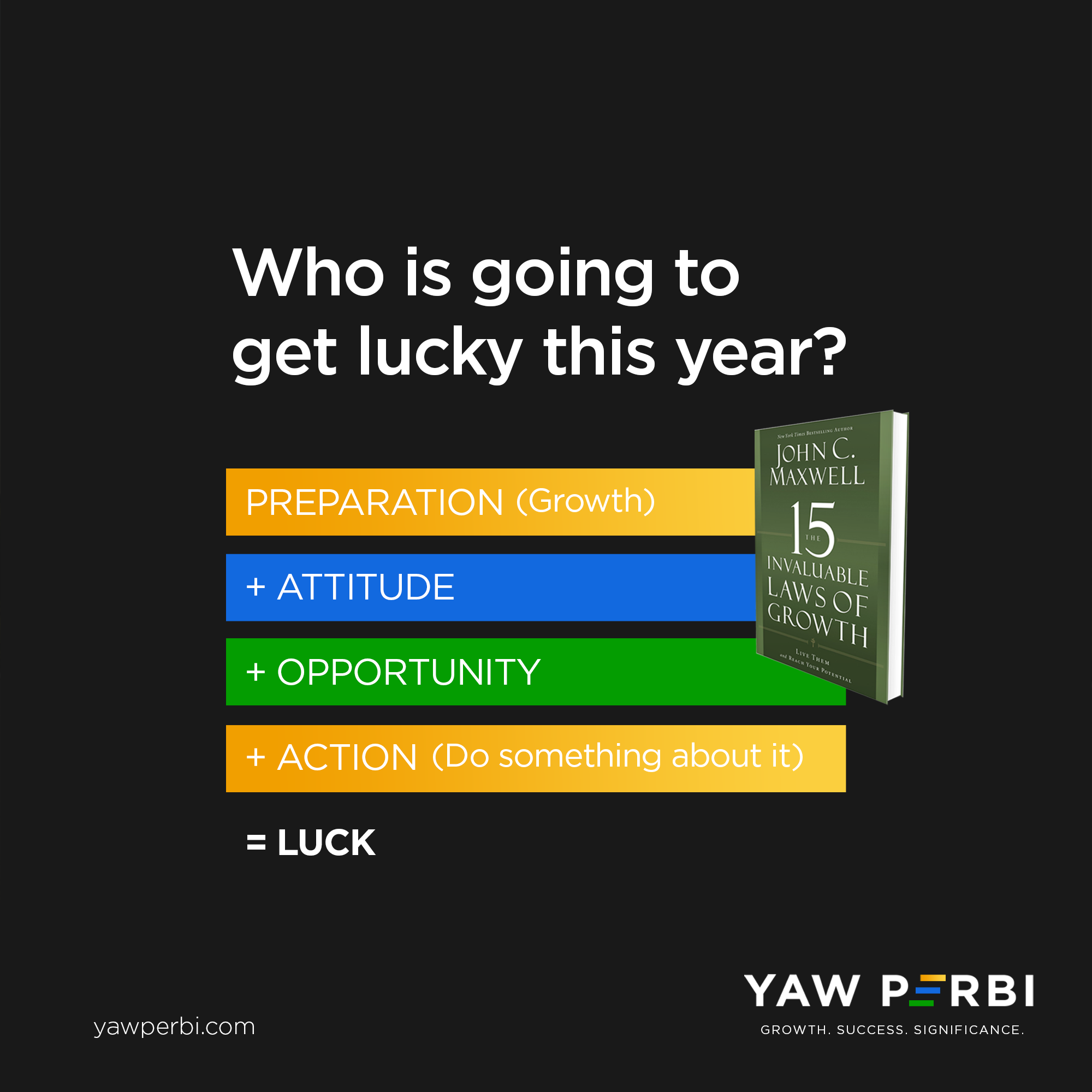
Goals Are Not Dead; You Are, Without Them.
Wow! Thank God for 2023! It’s still a relatively new year and I have been hearing a lot of people say, “I do not make new year resolutions anymore.” Similarly others confess, “I have stopped goal-setting.” Do not make that mistake. Let me tell you why.
First of all, this may sound cliché, but it is true: “if you aim at nothing you will hit it.” Goal setting is a timeless, universal law. It’s a principle. I am of the Covey school of thought that principles and values are not the same because you can choose to value principles or not. That’s your business; but you won’t be spared the consequences of breaking an eternal law.
To illustrate this for those in Ghana presently, because the government is inundated with debt and is at the brink of defaulting in paying coupons and principals of domestic bonds they have instituted a Domestic Debt Exchange programme that is making nonsense of people’s savings and investments. Don’t forget that usually government bonds are so low in risk that investment advisors are often tempted to call them “risk free.” Consequently, I’ve come across people arguing—and you can’t blame them—vehemently inquiring, “What is the point of saving? We should have just spent our monies and enjoyed ourselves.”
But be wary: you cannot determine right laws to rule your life by just based on a one-off, unusual, unfortunate incident. What is going on in Ghana is rare (perhaps only Argentines, Zimbabweans and Jamaicans would understand); totally abnormal. So, one cannot refute the importance of savings and investments, which is a timeless, universal law (principle) just because one bad government has gone broke. In the same way, the fact that you have set goals in the past and it hasn’t worked out for you (or others) does not mean goal-setting doesn’t work.
Let me give you five things (a point per finger) to think about:
(1) GOALS MUST BE SET RIGHT
In the first place, are you setting the goals right? And are you setting the right goals? Are your goals specific? If not, they are not going to work. You can’t seize what you can see. Your goal cannot be fuzzy. Then, is it a stretch goal? Many of us will only get up and run after what really challenges us. Is your goal measurable, qualitatively or quantitatively? If not, one cannot keep score and one sees no point in running around in circles. Is it attainable, realistic? If it isn’t, you won’t even start when you know there is no winning, there’s no point venturing.
How about relevant? If it doesn’t really matter immensely to you, you are not going to live by it, let alone die for it. The goal must be right. If it isn’t important to your life purpose, that you won’t thrive without it or survive without it, you aren’t really going to pursue it. Are your goals time-bound? Whether it is a weekly, monthly, quarterly or annual goal, it not only defines clear parameters but also creates a sense of urgency knowing that one doesn’t have ‘forever’ to accomplish it.
And oh! an essential part of what would be considered setting goals right and setting right goals would be to write/type them down. Many people underestimate the power of converting a metaphysical thought or idea into a physical one on paper or a device, grounding it on firma terra.
(2) NOTHING WORKS, REALLY
People set goals, even if they are done right and they are the right goals, go to sleep and then turn round to blame goal setting for not working. Remember, nothing works unless you work it. Even a car won’t work unless you work it, let alone things like marriage. Nothing works unless you work it, buddy. Of course goals don’t work; only people do! Are you working your goals, working on your goals, working out your goals?
(3) HOW ABOUT YOU YOURSELF?
But the third thing, apart from these first absolutely important duo above, is working on yourself! I keep repeating myself like a broken record and how key it is that the person at the centre of the goal-setting process grows in order to goal. So with every goal one sets, it is helpful to ask oneself: how/where do I need to grow in order to achieve this goal? There’s no successful working out goals if one doesn’t work on the person(s) whose goals they are.
(4) KEEPING TABS
If you’re like me, you may do all the above but just don’t make the time to periodically review how things are going with your goals. I tend to ‘go go go’ and not make the time to sit down on my blessed assurance to evaluate. Many times, it is in evaluating weekly, monthly or quarterly that one realizes things that need to be urgently adjusted or attended to in order for the goal to be hit. Imagine a pilot that doesn’t often do any course correction, they wouldn’t end up where they intended when they set out. These days there are instruments that automatically do the constant monitoring and course correction hence the plane can be left on autopilot. Until such autopilot instruments are invented for life itself, remember there is no way round the management cycle: planning (goal-setting right), implementation (working on yourself and working out your goals) and evaluation.
(5) GOT ACCOUNTABILITY?
A lot of us have no accountability. What are the structures you are putting in place to ensure you live by these goals? Don’t forget, as one professor says, human beings have an incredible capacity to deceive ourselves and that’s why l highly recommend that every one of you gets a coach. I have a coach, I have more than one coach. Get a coach, even if it means paying them. They would help you keep inspired and accountable; helping you keep your integrity to yourself and your goals until they are achieved.
You may also join a Mastermind this year, to find a group of goal-setters-go-getters who can keep each other motivated and mutually accountable. At YAW PERBI we will have Personal Growth, Family Foundations and Financial Whizzdom masterminds this year.
NO OBITUARIES IN 2023, PLEASE
So with just these five points, might you now have an idea why new year resolutions and goal setting in the past haven’t worked for you? Are you sincerely able to check all these boxes: (1) setting goals right and setting right goals, (2) working out your goals, (3) working on yourself, (4) keeping track by periodically evaluating and (5) getting accountability?
Neither goals nor goal setting is dead; rather you are, without them. Align your life and leadership with the timeless, universal laws of the universe. Don’t hurt yourself by kicking against the pricks. Goals and goal setting are not ancient landmarks you can remove and succeed. You will achieve nothing in 2023 without goals and you will have no one but yourself to blame—because you aimed at nothing, and hit it.
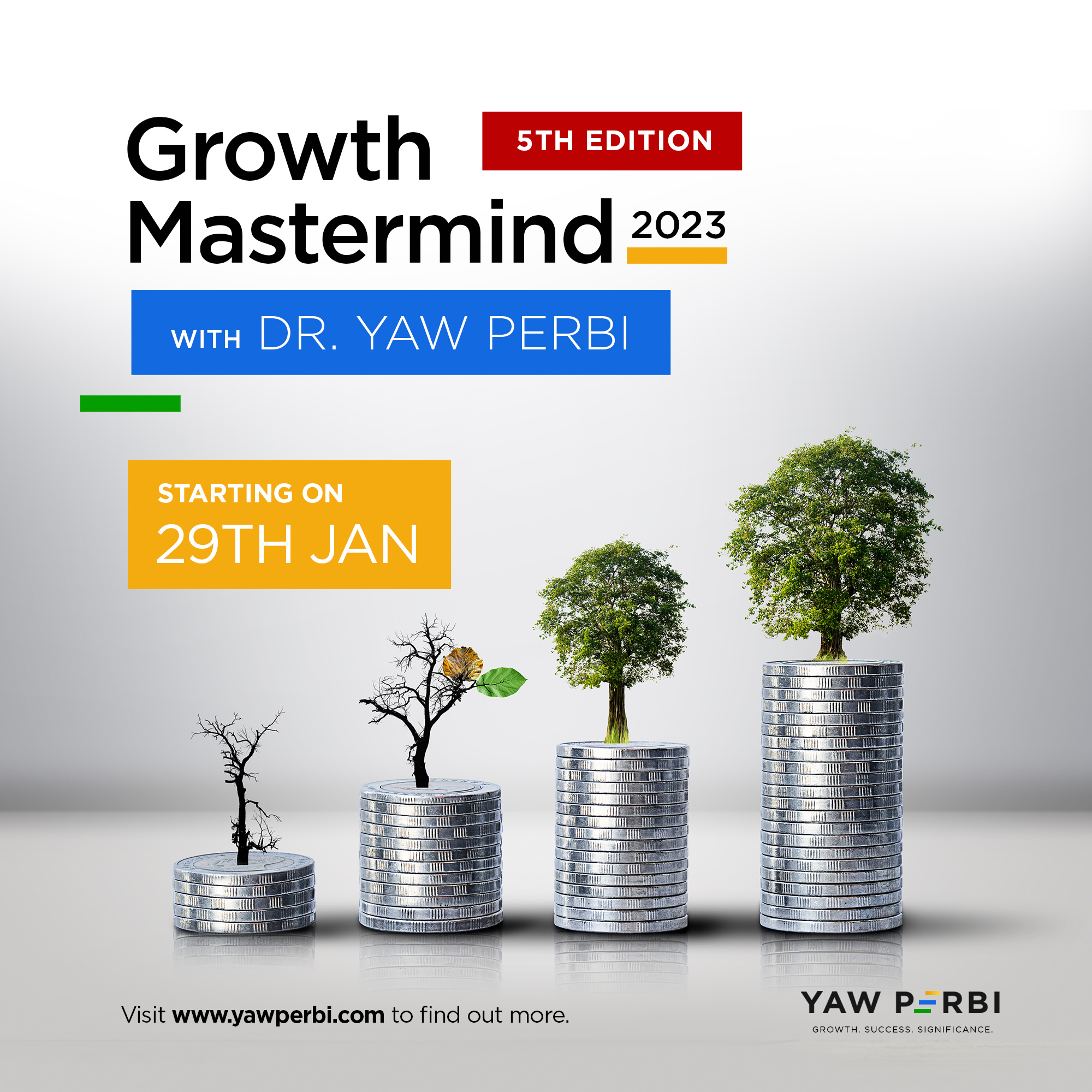
Not Investing in Yourself in Hard Times Doesn’t Make Things Any Better.
Hello! It’s a new year and guess what? It’s a blank cheque and we’ve got to grow to be able to meet our goals. I like to say, you’ve got to grow to goal. In other words, you’ve got to move from who you are today to what you could be in order to score your goals.
My YP Team and I know these are tough economic times and people are scrambling to make ends meet but I can tell you one thing for sure: your refusing to grow or not investing in your personal growth is not going to make things any better. In fact, your guarantee that you are going to come out of this time is actually investing in your personal development and professional growth today.
So, I greatly encourage and highly recommend that you to sign up for this year’s 15 Invaluable Laws of Growth Mastermind. Every year we’ve hosted a cohort, these people have moved, grown! People have changed in their lives. People have literally moved into their own homes, moved countries, moved jobs… Why? Because when you make a move, you grow; and when you grow, you move!
So, sign up today! Sign up now, right here. Even if for some reason you do not have all the money and you want to make an arrangement, we would be flexible because we know times are hard but we want you to grow. After all, if all of us grow, all of us can succeed together. Put in the investment NOW!
I have done that many times, signing up to grow when things have been hard, and I’ve reaped a harvest in the drought. If you know anything about investing then you are aware that we invest all the time–in good times and not-so-good times, when the market is up and when it is down. I would have never owned properties in Canada and the United States if I hadn’t put in nearly $20,000 in learning. I wouldn’t have been a John C. Maxwell Certified Coach if I didn’t put in some $10,000 about 10 years ago. Within months I had used the knowledge, skills and toolkit to recoup all the money back and more!
Guys, it costs something to get something. So, invest in your personal development and professional development today. Sign up for the Growth Mastermind. It’s not a matter of whether or not it will won’t work, it does–without fail. Don’t throw your hands up in the air saying, “I don’t have the money. ” No! Rather ask yourself, “how can I get the investment required because I need this to grow?” Let’s make it work. Yes we can! Yes we will!
Here’s to your growth, success and significance in 2023! Make the move here.

Meet Patrick Lencioni, the Workplace Guru.
There’s no one I enjoy hearing about teams, meetings and workplace dynamics like Patrick Lencioni. Patrick is an American author of books on business management, particularly in relation to team management. He is best known as the author of The Five Dysfunctions of a Team, a popular business fable that explores work team dynamics and offers solutions to help teams perform better. On a recent trip to southern and eastern Africa, his cautionary tale to CEOs published in a book by the title The Motive, was my jolting companion. It brought me back to my senses as CEO of a few enterprises.
Lencioni is Founder and President of The Table Group, a management consulting firm specializing in executive team development and organizational health. As a consultant and keynote speaker, he has worked with senior executives and executive teams in organizations ranging from Fortune 500s and high tech start-ups to universities and non-profits. He also gives talks on leadership, organizational change, teamwork and corporate culture. He is frequently interviewed for national media including features in the Wall Street Journal and USA Today.
SIX TYPES OF WORKING GENIUS
At the annual John Maxwell Live2Lead conference last week–the Ghana site hosted nearly 600 leaders LIVE! with thousands more to benefit through rebroadcasts–we heard from Patrick Lencioni about his groundbreaking new model that provides a deeper understanding into our workplace and team dynamics.
The six types of working geniuses together form the word WIDGET, symbolized by six gears working perfectly synergistically well together. W is the genius of Wonder, I the genius of Invention, D the genius of Discernment, G the genius of Galvanizing, E the genius of Enablement and T the genius of Tenacity. In the near future we shall provide a fuller blog delving into further details about these six geniuses. In the mean time hear Pat the sage, “If you want to be successful and fulfilled in your work, you must tap into your gifts. That can’t happen if you don’t know what those gifts are.”
THINGS DON’T HAVE TO BE THIS WAY
Pat explained how people don’t understand their personal areas of working genius, which impacts their ability to identify work opportunities that would be most meaningful to them, as well as disallowing organizations, teams, and families to help individuals tap into their true working genius, resulting in a failure to reach one’s true potential. But things don’t have to be this way. This tragedy is avoidable, as Pat shared how you can identify your working genius and understanding which one of the six geniuses both you and your teammates are. Contact us, the Live2Lead team, if you and your team would want to test your genius to become all you really could be. There are no dumb or lazy people on the planet or on your team; only geniuses who are yet to find and fire up what makes them tick!

4 Easy Steps To Choosing The Right Coach
In the article 5 Signs You Need a coach ASAP, we defined coaching as a process of moving someone from where they are to where they want to be, through encouragement, guidance and honest feedback. The coach uses guiding questions to help the coachee set goals and take the necessary steps to achieve them.
Step 1: Know what you want from the coach. What aspects of your life need attention and what outcome do you seek.
Step 2: Verify the training and certification credentials of the coach. Are they an authority in their area? What are their experience and achievements in their personal lives?
Step 3: Schedule chemistry or complimentary first session. This will assess whether the coach is a fit for what you’re looking for. In this session ask them:
- What tools they will use to help you achieve your goals?
- How much do they charge for the coaching sessions?
- Who have they coached and can you access their testimonials?
- What are the other terms of the coaching agreement!?
Step 4: Observe these four qualities in your interactions with the coach in the initial sessions.
- Do they ask questions or instruct you? A professional coach asks good questions so you can arrive at solutions not telling you what to do.
- Do they listen to you? Good coaches listen to you without interrupting.
- Are they confidential? Do they share the names and personal stories of their clients with you? If they do, then you’ll be their topic with another client.
- Do they keep time and stick to their commitments to you?
Choosing the right coach for your personality and needs is like finding the perfect house to rent or a car to buy. It involves a bit of searching and recommendations. But when you find the right one, your personal and professional life will be totally transformed.

5 Signs You Need A Life coach ASAP| 5 Benefits of Getting a Coach
High achievers appreciate the role of a coach for high performance in their personal and professional journey. In a highly competitive environment that puts a high demand on your time, you need someone who can bring the best out of you. In fact, with the right coach, you can accomplish in one year what you have struggled to achieve in the last 10 years.
Coaching is a process of moving someone from where they are to where they want to be, through encouragement, guidance and honest feedback. The coach uses guiding questions to help the coachee set goals and take the necessary steps to achieve them.
Tom Landry, a football coach, once said, “A coach is someone who tells you what you don’t want to hear, who has you see what you don’t want to see, so you can be who you have always known you could be.”
Let’s use the Word COACH as an Acronym for the benefits of coaching: Clarity, Outcome, Accountability, Challenge and Habits
Here are the 5 signs you need a coach and the 5 benefits of coaching.
Sign #1: You Lack Clarity about Your Identity, Purpose, Priorities, Values, Talents, Gifts and Personality Style
CLARITY
A coach uses different tools to help you gain clarity about who you are, why you are here on earth, your life priorities and what you stand for. They introduce you to assessments like the DISC to help you understand and apply your personality type. Through coaching, you become more self-aware.
Sign #2: You Rarely Set SMARTER Goals to achieve Your Desired Outcome
OUTCOME
A coach helps you to set SMARTER (Specific, Measurable, Achievable, Relevant, Time-bound, Evaluated and Rewarded) goals and provides tips and tools to achieve them. He or she helps you write a vision statement in the aspects you desire to see a specific outcome.
Sign #3: You’re Answerable To No One For Achieving Your Goals
ACCOUNTABILITY
A coach helps you stick to your commitments, follows you up on your goals and gives honest feedback on your progress.
For instance, if your goal is to jog three times a week for 30 minutes each time for physical fitness, there may be times when you fall behind on this goal. A coach will hold you accountable and keep you focused on the benefits you’ll enjoy once the goal is achieved.
Sign #4: You Feel Bored, Stagnant and Underutilized
CHALLENGE
A coach challenges you to stretch and step out of your comfort zone, pursue your dreams and God’s will for your life. Because they believe in your potential to become better, they challenge you to grow past your limiting beliefs and fears.
Sign #5: You Struggle To Develop or Ditch Certain Habits
HABITS
A coach helps you cut off habits that waste your time and hinder your progress. He/She helps you create a new system of doing things and set proper boundaries that make you more productive.
I hope you now appreciate the fact that you can’t progress past a certain level of growth and success without the help of a caring and committed coach.
Check out the 5 Steps to choosing the right coach.
And if you’re eager to achieve your goals, consider getting a coach today. Contact us, the YAW PERBI Team, via info@yawperbi.com.
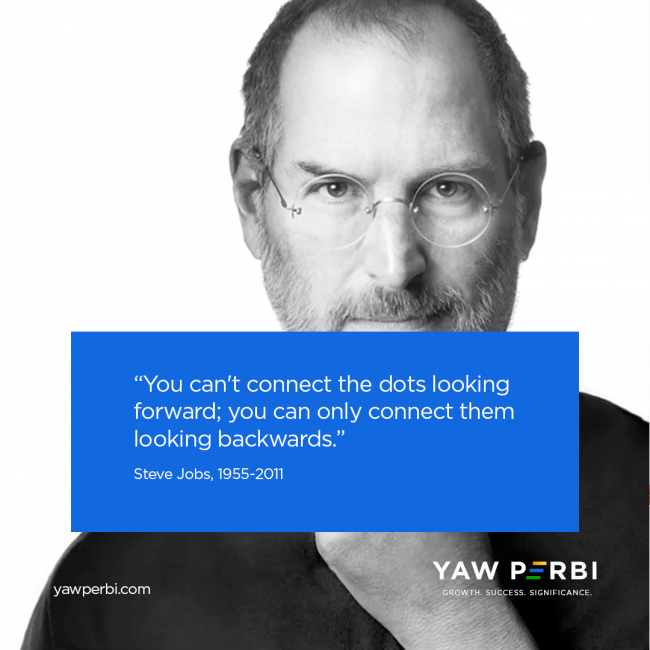
Life is lived forwards but understood backwards
Life is lived forwards but understood backwards. That sounds very much like one of those witty sayings from my bank of African proverbs but the person I read that from first was the Danish philosopher Søren Kierkegaard. In his own mother tongue “Livet skal forstaas baglaens, men leves forlaens,” translates into “Life can only be understood backwards; but it must be lived forwards.”
In a recent conversation with my brother and friend of nearly two decades, Rev. Albert Ocran, he prophetically said to me without butting an eyelid that when he looks at my entire life it can be distilled into one word: leadership, to which I replied with my head bopping like an agama lizard, “That is true, you are right!” (By the way I have given him the title, “Thought Distiller.” He’s doing a wonderful job distilling the life lessons of several leaders in society for the general public on his Springboard Road Show.) Albert is one of the few who ‘gets’ my life, probably because he is an ardent believer in something he himself calls “convergence.”
I have been accused by some of living a scattered life (“all over the place”) while others have expressed concern I might not make much of a dent in the universe (impact) because of how spread my life has been (and continues to be?). I have been a medical doctor, award-winning speaker, punching preacher, best-selling author, publisher, military officer, U.N. peacekeeper, cross-cultural pastor, serial entrepreneur from media to real estate to education, president & CEO, television presenter, financial advisor, investment consultant, founder of many things, corporate trainer, life and executive coach, inspirational teacher, lived in three countries over the last dozen years and served in 45 … So who are you, what are you? people wonder. Although I owe no one an explanation except the One who gave me life, permit me to share two pivotal paradigms, nay convictions, with you.
(1) META-PERFORMANCE–Milking Your Full Potential
First of all, there is the notion of meta-performance. Many of us never explore or exploit our full potential because we get stuck in being the best at something in comparison with others, rather than constantly exploring the question, “What am I capable of?” There is no reason to be stuck in a hospital because I was trained as a medic when I have the ability to author books as well, something the majority of my med school mates may not have the aptitude for. Shall I therefore not write because other doctors cannot? I resolved when I was but a youth, as entrenched it in my personal mission statement, to “die empty.” To die having utilized and exhausted every gift in me, but now I add, “within my God-given limits.” After all, like you I have only one life to live and have only 24 hours in each day. Besides, with a wife and seven children, family is a blessing which comes with its own limits as well.
Suffice it to say I encourage the youth in particular to spend their first 30-35 years at least, exploring and exploring and exploring until they finally hit oil. Don’t forget the parable of the talents: one was given five, another three, and a third servant, one, each according to their ability. Why should the chap with five compare himself with the person with one and underperform? As has been wisely said, the talents we have are God’s gift to us; what we do with them is our gift back to God. Meta-perform!
(2) CONVERGENCE–Connecting the Dots
But I digress, which is funny because the point I want to make next is about (a word that Albert loves): CONVERGENCE. We all must get to a point in our lives when we can look back and connect the dots, and see that all these seemingly scattered and unrelated aspects of our lives, including the lows and the pains, can all really come together to make one huge statement and result in an integrated life. The reason Kierkegaard’s words speak profoundly to me is that when I reflect on my seeming scatteredness, when I look backwards, I see that the many different-coloured strands have a common thread: leadership. That is why I doff my hat to Albert for being so spot on. I have not been called to be a medical doctor or military officer or media man or investment guru per se but a leader in every sphere I’ve been given talent and opportunity in. Is leadership a career? If it is then, then that’s mine. If it isn’t then I do not have a career.
The late Apple founder Steve Jobs put this Kierkegaard philosophy of looking backwards and Albert Ocran’s love of convergence into a very powerful statement: “Again, you can’t connect the dots looking forward; you can only connect them looking backwards. So you have to trust that the dots will somehow connect in your future. You have to trust in something—your gut, destiny, life, karma, whatever. This approach has never let me down, and it has made all the difference in my life.”
BACK TO THE FUTURE
This issue speaks to a powerful leadership practice we must all have: reflection. Reflection, really, is the rhythm of leadership. There is no understanding without reflection. Unless we lead from a place of pause, we will not be able to distill the lessons in life. Not only will we miss out on ourselves, others and even life itself but also our lives and leadership will be shallow. Take it from a guy who is almost always busy running around and has been described by my nonagenarian mentor in Britain as peripatetic. I’m learning more and more to be in solitude and silence, otherwise there is no understanding of the life lived or the thrill of the act of connecting the dots. I would wish that we all, like Aleksandr Solzhenitsyn, can say after our own backwards reflection, “later the true significance of what happened would inevitably become clear to me, and I would be numb with surprise.”
The fuller philosophy of Kierkegaard is this: “It is really true what philosophy tells us, that life must be understood backwards. But with this, one forgets the second proposition, that it must be lived forwards. A proposition which, the more it is subjected to careful thought, the more it ends up concluding precisely that life at any given moment cannot really ever be fully understood; exactly because there is no single moment where time stops completely in order for me to take position [to do this]: going backwards.” Don’t keep looking only in the rearview mirror, that’s not where you’re going. But surely do look into it momentarily from time to time for the wherewithal to live and lead forwards with meaning. Life is lived forwards but understood backwards.

You Don’t Know What You’re Missing!

An August 2021 training for the Certified Professional Coach designation as a collaboration between Yaw Perbi (YP) Executive Education company and Wainright Global. We represented several U.S. states (from coast to coast), Canada, England, Ghana, Kenya, Romania, Rwanda and Uganda.
Growing up, my father was an ardent follower of the gospel singer André Crouch. Consequently I got indoctrinated early, hearing these songs from vinyl records at home and cassette tapes in the car. One of Crouch’s Christian apologetic songs that still rings in my mind today boldly claimed, “You don’t know what you’re missing until you’ve met the Lord!” Having met the Lord myself, I concur. But today, let me share what else you don’t know you’re missing.
I would really love to talk to you about the power of coaching. I say you don’t know what you’re missing because in my experience, most people don’t grasp the power of coaching, no matter how hard I try to explain the power of coaching to them until they have tasted it for themselves, even if it is a free 30-minute ‘chemistry session.’ It’s one of those you-don’t-know-what-you-don’t-know-until-you’ve-experienced-it kind of things. It really makes me to see the wisdom in sales strategies like the ones car salesmen employ, where they allow you to do a free test drive. As you sink into the comfort of those leather seats and cruise in that Mercedes, Range Rover or whatever, all of us a sudden you realize what you’ve been missing and that you really ‘needed’ this car, you just didn’t know it prior! (laughs)
MY BREAKTHROUGH
Until I got a coach myself, there were certain things like revising and expanding my old books that had stalled for ten years! All of a sudden, with the clarity that came from the socratic questioning and the power of accountability I got going, and have never turned back since. That was passive income and active impact I had been leaving on the table for a decade! This experience is one of the reasons I insist that even a coach needs a coach. Every leader needs a coach. In fact, every breathing human being needs a coach!
SISTER-SISTER
At Yaw Perbi (YP), C-level/C-suite executives are our strong suit. One of our earliest encouragements in our coaching practice was when a Vice President of a significant global mining firm who had been cautiously optimistic about coaching signed up to try it for six months. By her first couple of sessions she was enjoying the benefits of coaching–the inspiration, clarity of thought, transformation, skills, resources, accountability etc.–so much that she offered to give her best friend, an engineer with a multilateral organization, a birthday gift of a six-month coaching package from YP.
While I wait to share their powerful testimonials with you via video powerful 1-2 minute videos, here is a short and impressive one-minute video of Dr. Chinweike Eseonu, a Nigerian coaching client resident in the United States. This former professor of engineering at Oregon State University met his 12-month coaching goal in half the time, through our coaching! Again, his too was a six-month gift from his sister, a medical doctor in the States. Chinweike and another coaching client in the United States have both met their coaching outcome to find new jobs that they are passionate about and which pay them much better. In fact, the other coaching client has had a 51% pay raise in her new offer, which also affords her an opportunity to move from her current state of Texas to Wisconsin, away from a lot of bad memories from a hard divorce.
HELP US HELP PEOPLE KNOW WHAT THEY’RE MISSING
Friend, if you’re not being coached, you are missing out a lot! Get coached today! One of the things we want to ensure does not become an excuse is, “well, there are not enough good, certified coaches around.” Also others like, “I cannot find one I have good chemistry with” or “there’s none within my budget.”
At our executive education company, we are on a coaching revolution to see every leader being helped to authentically live and optimally make decisions by training and certifying 60 Certified Professional Coaches (CPC) between August and December who will then impact another 700-800 leaders by the end of the year.
So apart from getting coached yourself, if you are someone who loves people, loves to see people develop, if you have the patience to listen to others without judgment and create a safe space where through your powerful, socratic follow-up questioning they can clarify their thoughts and desires regarding their lives and goals and provide the accountability for follow-through, then why not get trained and certified to help others in this way? It is a great way to make impact and income simultaneously.
The are people waiting for you to help them, from ‘the least of these’ to the highest flying leaders. Every leader needs a coach, and I’m proud to be part of the biggest network of coaches in Africa, Breakfast Club Africa, with the big dream that one day every African president will have a coach. The continent will not be same; you won’t recognize the African continent because not only will these leaders be supported to make optimal decisions and to be authentic leaders, they would have the framework for voluntary accountability to deliver what they have said to themselves (let alone to the masses) that they want to accomplish.
Below is the information for the next round of training and certification on September 25 & 26, 2021. Join the revolution! Register now, here.

3 Secrets to Lasting 15 Years in Marriage
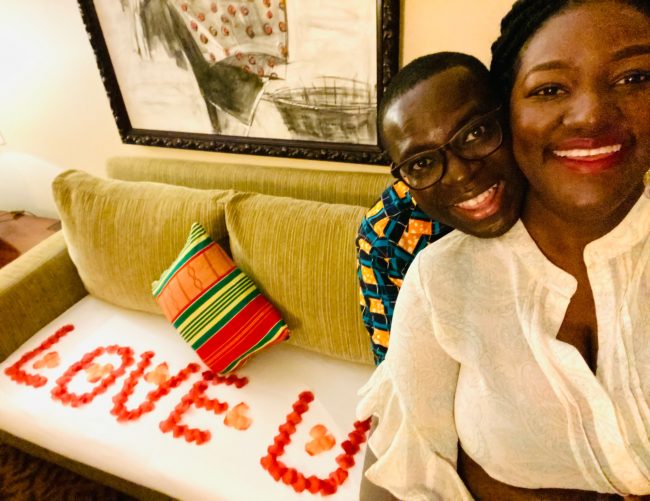
15th anniversary chilling at the African Regency Hotel, thanks to ‘friends in high places.’ Anyele was totally stunned by the decor 🙂
First of all, my wife (Anyele) and I humbly acknowledge that “15 years is nothing” compared to our parents’ (both sets) over 40 years of marriage and the 70 years some awesome couples we’ve come across have done! Wow! That’s incredible! Yet at the same time “15 years is something” considering that we’ve also come across marriages that were done, finished, caput, in months. In our short 15 years we’ve seen so many do shorter than five years, let alone 10. Fifteen? We’ve tried. We’ve even been used by God to salvage some marriages but have also heartbreakingly seen others dashed right before our eyes despite our efforts.
Secondly, I’m very wary of ‘3 secrets,’ ‘7 keys,’ ’10 ways,’ ’12 steps’ and what have you. So why am I sharing ‘3 Secrets to Lasting 15 Years in Marriage’? Well, Anyele and I just clocked 15 years on August 12, 2021. For us, the bottomline is God’s grace–and right from the start Prof. Kwaku Osam of Legon Interdenominational Church had told us during our pre-marital counselling sessions that “there is a grace for marriage” and we claimed it–in good measure. Maybe it’s true after all, but the thing about grace is that it works; and it has to be worked. Allow me to share three means of that grace for marriage that have made us largely survive (and even thrive in certain specific areas). No, I wouldn’t saddle you with ’15 lessons I have learned in 15 years of marriage’ so be grateful for just three (Lol!).
When we clocked 10 years the main thrust of our marriage lessons thus far was that marriage is the greatest character-forming school ever–even more than med. school. I’ve been to both marriage school and medical school so trust me, I know what I’m talking about! We called it the #1 Marriage Lesson That Nobody Talks About Much. That blog really seemed to resonate with the 50,000 or so it reached within weeks, thanks to social media, and was reproduced on some prominent news agency websites. It made me realize I shouldn’t play down on these key lessons, no matter how few and unwow, no matter how seemingly insignificant, no matter how humble they may be. You might scorn them; they might be life-saving for someone else.
Between year 10 and year 15, we have seen many people get married. Sadly we’ve not only seen many separations first-hand, we’ve witnessed more finalized divorces than within our first 10 years–real people, not just statistics. These three things I’m going to share have been a means of grace for us to do 15 years, especially the last five: Caring Counsellors, Close Cohorts, Cool Tools.
CARING COUNSELLORS
The most stupid thing I’ve done in marriage has been to not seek professional counselling till after year 10. We certainly have never brought any marital issue to any of our parents–it’s a no, no for many reasons that warrant a whole blog. I’ve come to realize, though, that there are certain issues that can never be well resolved between just the couple without a third wise party who is close enough (caring) yet far enough (outside the cleavage of man and wife) to be able to see clearly and share candidly. The notion, or even culture, that suggests that seeking professional counselling means one is weak or sick is toxic, it kills. Even if one were weak and sick, that’s fine too (everyone is at some point in our frail humanity and wretched world). We have seen people reach out when it was too late to salvage a totally hitherto salvageable situation (in our opinion).
Whether it’s through our conversations, their conferences or media (from books to YouTube videos), we really want to thank God for giving us the benefit of having Pete & Geri Scazzero (see picture above), Gerry & Kathy Kraemer, Carsten & Linda Pellman and indeed Shepherd’s Heart Ministry.
Apart from the listening ear, emphatic heart and vulnerable sharing of these caring counsellors, the ‘cool tools’ we’ll be sharing shortly have largely been learnt from them. An underlying paradigm that has buoyed everything else has been the Scazzeros ramming into our heads and hearts to lead in ministry and the marketplace out of the strength of our marriage, not out of the stress/strain of it–or even the death of it.
Of every single one of the divorces I’ve witnessed at close range, the couple did not have clear, regular, serious mentoring relationships. It’s worse when the man especially submits to no one on earth and is a law onto himself. Ha!
CLOSE COHORTS
You think the things you’re going through are unique to you until you are vulnerable to share with a close community of others. This must be a close community you can be vulnerable in because you are contemporaries (all in a similar stage in life), and are all truthful, honest and committed to the institution of marriage and the principles that make it work.
On WhatsApp, Anyele and I have labeled that close cohort, “inner circle.” We inspire, encourage, teach, tease, correct, rebuke and hold each other accountable. On occasion we meet in person (see picture above). God bless Nana Yaw & Beth Offei-Awuku, Victor & Esi Obeng, Amos & Evelyn Kevin Annan, and Franklin & Amma Eleblu. Franklin is my best friend, was my best man when we got married and soon after became my brother-in-law too!
COOL TOOLS
“Love your wife, Yaw.”
“OK, thank you very much. I would like to.”
“Very good.”
“But how?”
“Just do it! Obey the Bible.”
One thing I like about Westerners is their propensity to develop tools to make life a little easier. The Physics I recall says a tool is something to make work easier, any work, but especially hard work. Marriage is work, hard work. How then do we dare think we can make it without tools? There are many marriages that shouldn’t have ended if only the two involved had some of these cool tools.
This year I decided to run Family Foundations Masterminds and share some of these tools like the Community Temperature Reading, 10/10, Genograming Your Family, Family Vision & Mission Statement, Mapping out Emotional Needs & Action Points etc. Even in fighting, there is a tool to fight cleanly! The Kraemers, Scazzeros and Pellman’s, together with Shepherd’s Heart Ministries have blessed us with all these tools! People, we’ve got to invest time, attention and finances in our marriages to obtain and utilize such tools.
CONCLUSION
On this occasion of our 15th anniversary, it’s really a celebration of Ubuntu–we are because YOU are. Anyele and Yaw will have no marriage but for the community of caring counsellors and close cohorts with cool tools. We’ve not made it because we’re super smart, über skilled and have impeccable character. No. We feel overwhelmingly thankful for the cool tools and community of counsellors and cohorts–three secrets to lasting 15 years (and more) in marriage.
PS. You may find a seven-minute video of the essence of this article here.

“Can You Go Beyond High Performance?”
“Can you go beyond high performance?” That’s a penetrating question Jason Jaggard, founder and CEO of the executive coaching firm Novus Global, asks in his powerful and popular article that bears that title. My good friend and StrengthsFinder coach, Dan Leffelaar, who is COO and partner at Novus Global, had exposed me to the company after he joined. Later he would introduce me to one of their very competent coaches, Joseph Thompson. It was Joseph who then drew my attention to this article even before we would have our first formal coaching session. By the way, I’ve said it before and it’s worth repeating, never hire a coach who doesn’t have a coach!
DIFFERENTIATION–OR WHATEVER YOU CALL IT
It is not uncommon for managers to categorize workers in the marketplace into three: low performers, performers and high performers. Over a decade ago, I remember reading about this idea from long time General Electric CEO Jack Welch’s book Winning. He called it differentiation, separating the sheep from the goats. According to Jack, differentiation is a process that requires managers to assess their employees and separate them into three categories in terms of top performance: top 20 percent, middle 70, and bottom 10. Then—and this is key—it requires managers to act on that distinction.
Whatever different percentages one uses to divide the three levels (and some just use the Pareto principle to divide the top 20% from the remaining 80%), the questions the people in each band ask themselves that result in their kind of performance are intriguing:
- Low Performers–“What is the least we can do to get by–and not get caught?”
- Performers–“How can we be good at our job?”
- High Performers–“How can we be the best?”
Often the morale of the story is “be the best,” be a high performer. Or, in the precious words of my dad’s alma mater (in Latin), Vel primus vel cum primis. To wit: either the first or with the first. But that is precisely the problem. High performers typically stop growing because they feel (or are made to feel) they are the best, or among the best, and have hit their peak when that is far from the truth! That’s the challenge of comparing ourselves to others instead of to our own potential. Don’t forget the saying that “in the land of the blind, the one-eyed man is king.” What is high performance about one eye just because everyone else you’re compared with is blind?
In fact, not only does Jason point out two common mistakes of high performers here but Novus Global as a practice firmly believes “attracting and retaining high-performers is a mistake and doing so creates a predictable set of problems.” You probably have met a lot of high performers who are still unhappy. Barring greed and envy, could Abraham Maslow’s observation be the cause? “If you plan on being anything less than you are capable of being, you will probably be unhappy all the days of your life.”
META-PERFORMANCE
So “can one go beyond high performance?” remains the question. “What comes after high performance?” I’m glad you asked. “If your team doesn’t have a clear and compelling answer to the question “What comes after high performance?” then you absolutely have an unnecessary cap on the possibilities of your leadership and the impact of your organization,” says Jason. The answer lies in a word he’s coined: meta-performance. And this is “meta” is not like “meta-data” but “meta” as in “metamorphosis,” like a caterpillar transforming into a butterfly. A meta-performer isn’t committed to being the best (“how dull,” Jason says)… a meta-performer is committed to constantly exploring capabilities.
Unlike “What is the least we can do to get by–and not get caught?” (Low Performers), “How can we be good at our job?” (Performers) or “How can we be the best?” (High Performers), Meta-Performers ask themselves, “What are we capable of?” That is a potent question in and of itself, but to process that with a competent and caring coach is even more powerful!
I often say to people, I may not have been the best of medical students (I was a low performer) but I was a very good doctor (high performer). But as good a doctor as I was, the question of what I was capable of sent me on a totally different trajectory from my peers, from authoring books and motivational speaking through military experience and peacekeeping with the United Nations, to pastoring, restarting life as a Canadian immigrant and becoming CEO of a number of non-medicine related ventures, some with a budget of a few million dollars.
Meta-performance is akin to what my mentor John C. Maxwell calls The Law of the Rubber Band: Growth Stops When You Lose the Tension Between Where You are and Where You Could Be. The meta-performance life happens somewhere between feeling ‘just right,’ taut enough to be best at tying things up, to tearing up because we fail to embrace our God-given limits. Often times, we are poor judgers of thse book ends, and having a discerning coach to assist on this journey is vital.
“IMPOSSIBLE” ACCORDING TO WHO?
In what area(s) of your life have you lost your stretch and settled? Create some specific means for stretching in these areas of your life. Go back to your 2021 goals and ensure they’re not only S.M.A.R.T. but that they also STRETCH. Remember, “Only a mediocre person is always at his best,” saysW. Somerset Maugham, putting things in a way that hits home, hard. “Ouch,” says the best performers.
Walt Disney used to say, “It’s kind of fun to do the impossible.” I know the feeling, a little bit. Nelson Mandela was right: “It always seems impossible until it’s done.” I find it not only a powerful meta-performance question to ask “What am I capable of?” but also in line with that to inquire, “What sort of person must I become to be capable of that?” Then with Almighty God’s help, “just do it,” do the “impossible.”

